Nickel-Metal-Hydride Batteries For Electric Cars? Energy Density Can Rise 10-Fold: Researchers
Green Car Reports
MARCH 2, 2015
The division is pretty clear: nickel-metal-hydride batteries are for use only in hybrids--at least those from Toyota, which has used more of the batteries than any other maker by far.


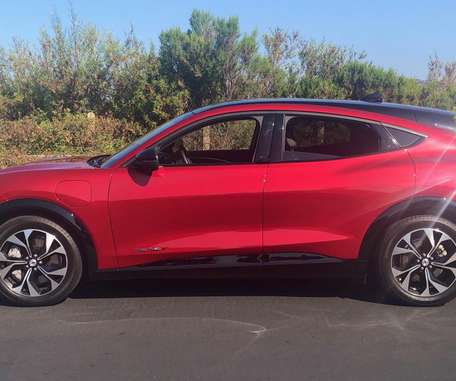

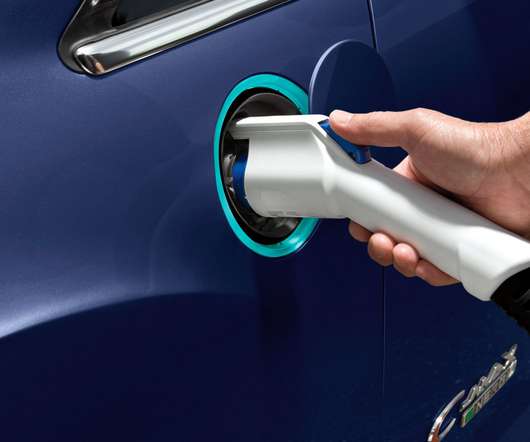






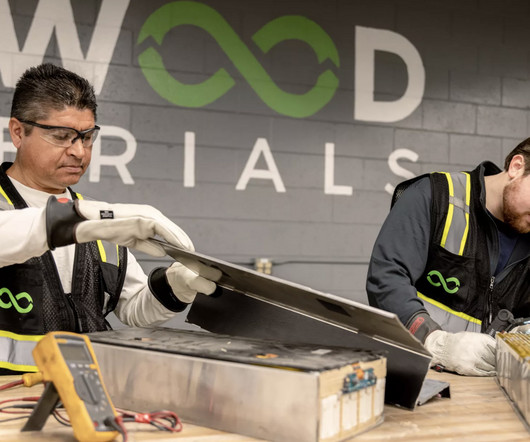



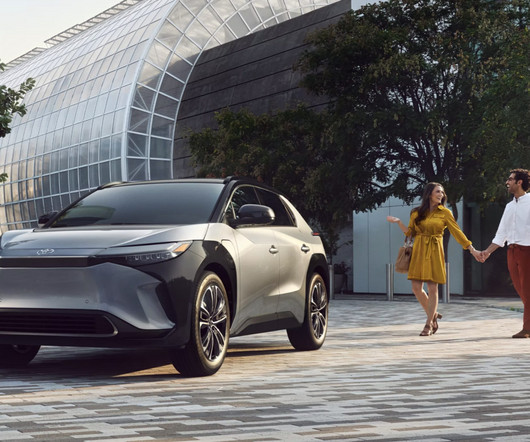








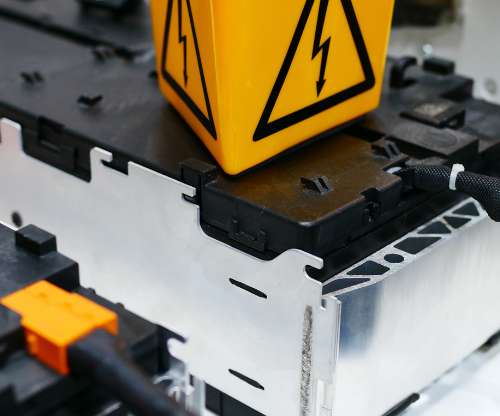
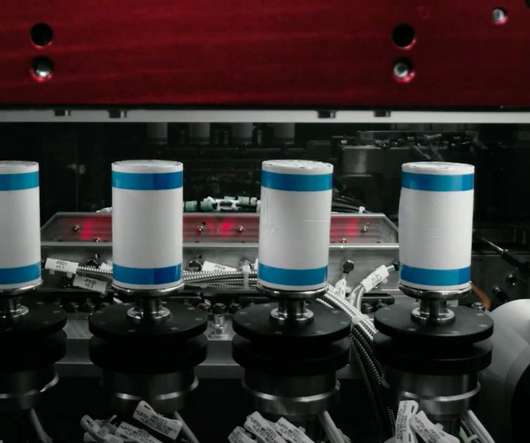



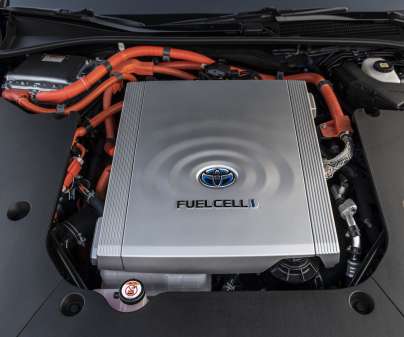


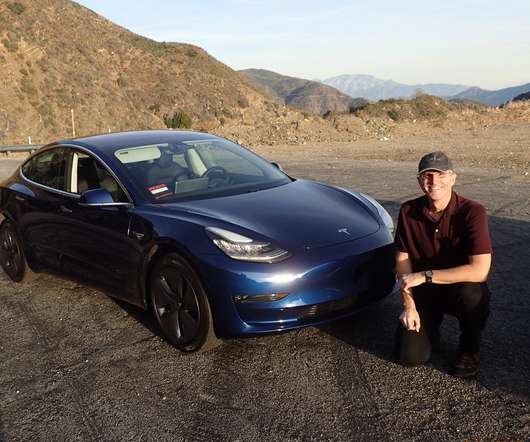







Let's personalize your content